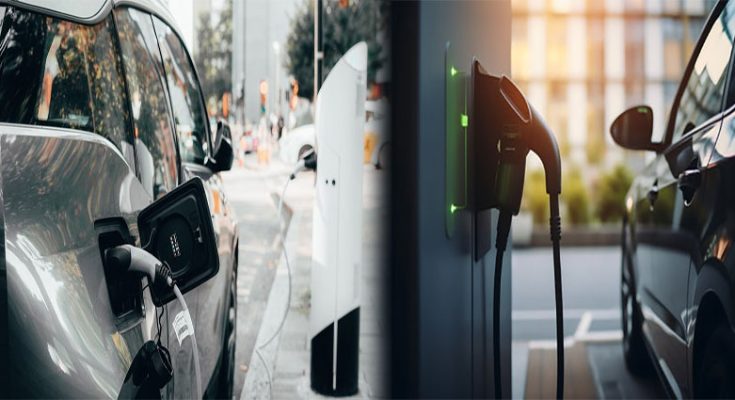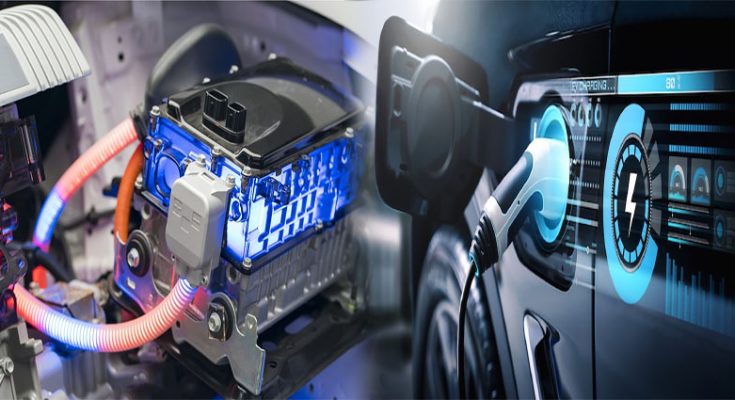
Challenges in Integrating Renewable Energy with Electric Vehicle Charging
As the world shifts towards a more sustainable energy future, the integration of renewable energy sources with electric vehicle (EV) charging infrastructure is crucial for reducing carbon emissions and promoting eco-friendly transportation. While the benefits of this synergy are evident, several challenges must be addressed to fully realize the potential of renewable energy-powered EV charging systems. Let’s explore some of the key obstacles and complexities associated with this integration.
1. Grid Integration and Balancing
One of the primary challenges in integrating renewable energy with EV charging is the intermittent nature of renewable energy sources, such as solar and wind power. Fluctuations in renewable energy generation can pose challenges for grid stability and reliability, particularly when charging multiple EVs simultaneously. Balancing the supply and demand of electricity while ensuring a seamless integration of renewables with EV charging infrastructure requires sophisticated grid management solutions and energy storage technologies.


